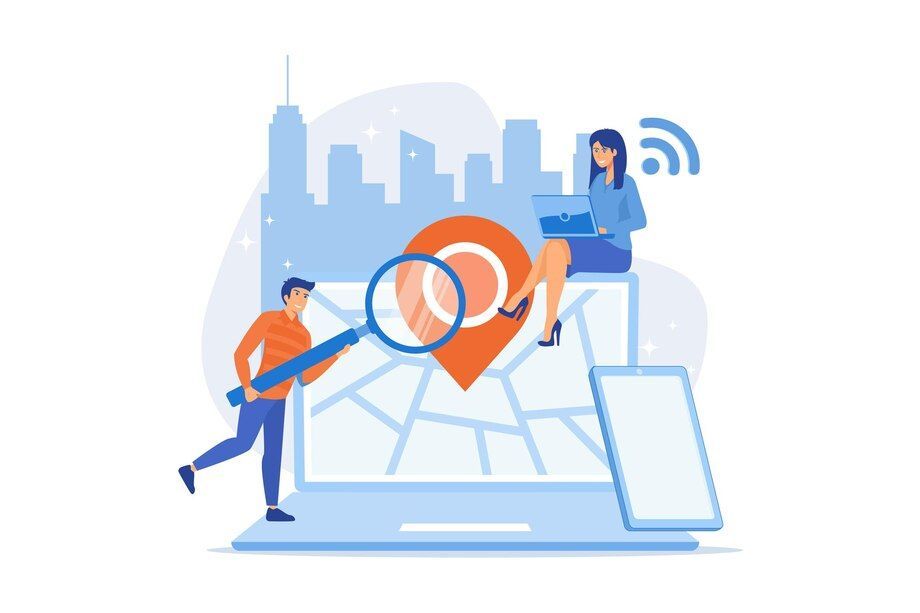Learn How You Can Deliver Ads to People at Specific Conferences with Geofenced Mobile Ads

Recently I attended a conference in Vegas at the Venetian. The conference was hosted by the American Academy of Orthopedic Surgeons and is the biggest conference of the year for Orthopedic Surgeons around the world to connect and learn more about their trade. I was attending the conference because I run an online reputation service for physicians
to help them manage their online reviews.
The conference ran for three intense days with little time for breaks in between meetings, events and sales pitches. I returned home the day the conference ended, exhausted.
Then the next day I noticed something strange. I kept seeing advertisements on my phone that were targeted to Orthopedic Surgeons. The ads were trying to recruit surgeons for a hospital group that was hiring. That’s when I realized I’d been GEOFENCED!
I was familiar with conference geofencing at the time but had never experienced it myself. Geofencing a conference means using advanced advertising software to run ads on mobile devices when located inside a particular location (the conference center) during a certain time frame (the dates of the conference).
Because about 90% of mobile devices always have location services turned on, the location of the phone is constantly being reported by the apps on the phone. This is so the apps can provide a better user experience while also serving up location-based advertising. This is one of the main reasons many mobile apps are free to use.
But what happens after the conference ends and why did I keep seeing the ad…?
Oh, retargeting!
CONFERENCE ATTENDEE RETARGETING
The most powerful aspect of a conference geofencing campaign is that you can continue to deliver ads for many months afterward to mobile devices that were detected attending the conference. That’s why I saw the Ortho ad even after I was back home in Nashville. This is the “Retargeting” portion of the campaign. Conference retargeting can be a great way to continually place your company’s message in front of people who attended a conference you were sponsoring.
HOW ARE ADS DELIVERED
You can call it display advertising, banner advertising or programmatic, but basically your ads are delivered on mobile apps and mobile websites as images, GIFs or videos. Any mobile app or website that delivers advertising could potentially be open to showing your ads. The key is determining your precise location. Only mobile apps can tap into the phone’s GPS system to gather latitude longitude coordinates. When this happens, the geofence can be extremely tight meaning within a few feet. Mobile websites are unable to determine this precise location unless they prompt you to allow the website to know your location (like the Google maps web application does).
BENEFITS OF CONFERENCE GEOFENCING
- Any conference in the world can probably be geofenced as most major buildings and addresses have been recorded in online databases.
- Your company can have a presence at a conference, even if nobody attended from your company.
- Your company can boost its presence at a conference by delivering ads during the conference showing which booth to visit to learn more.
- You can retarget people who attended a conference months after the conference has ended, continually reminding them about your product or service.
- The cost to geofence and retarget people at a conference can be MUCH CHEAPER than actually attending the conference yourself (though its probably most beneficial to attend and geofence at the same time).
GETTING STARTED
If you see the potential in geofencing conferences, like I did, then I’d love to talk with you about implementing this service either for your own company or as a service you can resell (white-labeled of course) to you clients. Just shoot me a quick message via the contact form on our website
or call (800) 980-7116 and ask for Scott.

SHARE ARTICLE
Schedule Your FREE 15-Minute Consultation
oUR rECENT bLOGS

In the ever-evolving digital landscape, 2025 marks a pivotal year for precision marketing. As consumers demand more personalized experiences, businesses must adapt by leveraging advanced technologies like geofencing and behavioral targeting. At DigitalTreehouse , a leading website development and marketing service company based in Franklin, TN, we specialize in crafting data-driven strategies that deliver measurable results. This comprehensive guide explores how these cutting-edge tools can revolutionize your marketing efforts.







